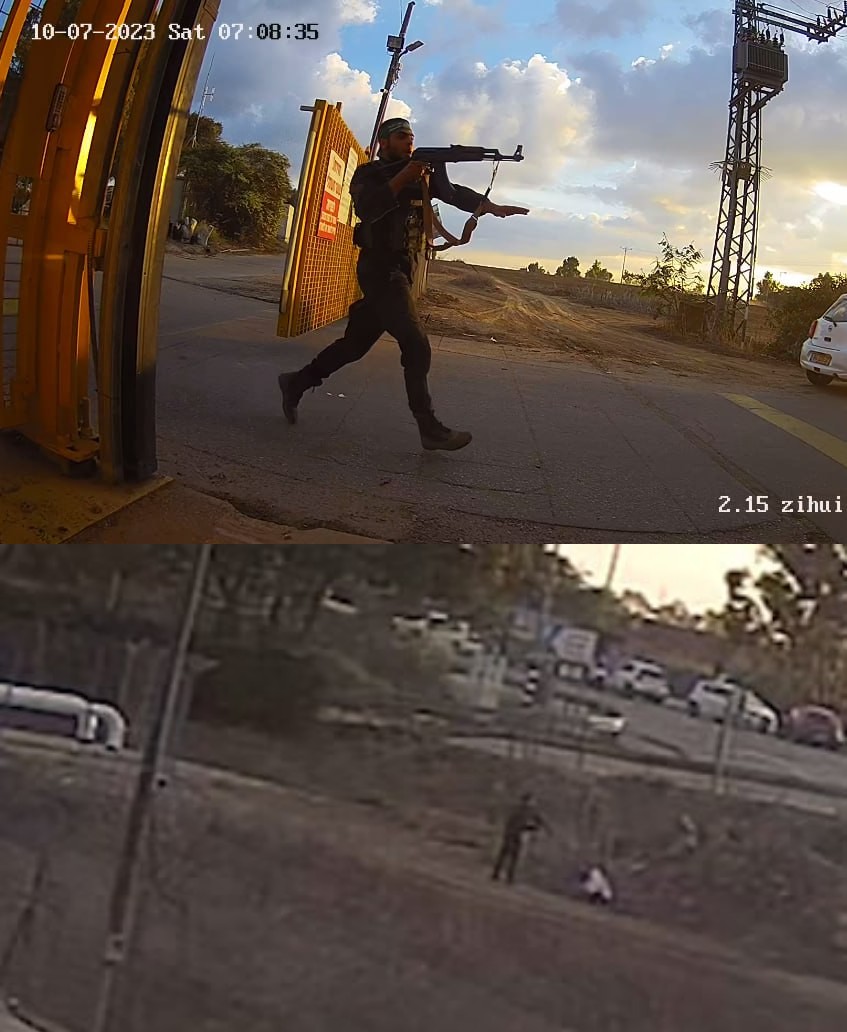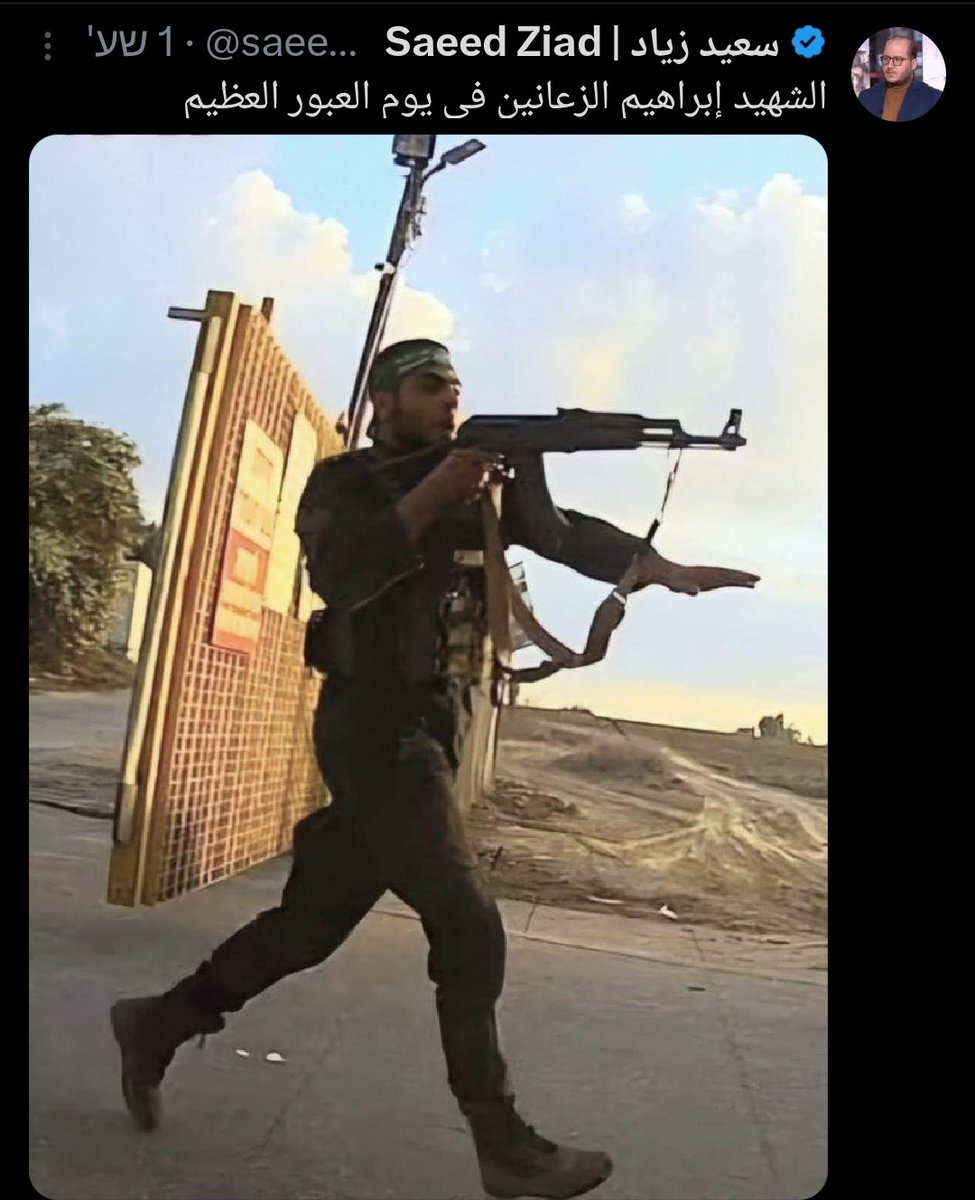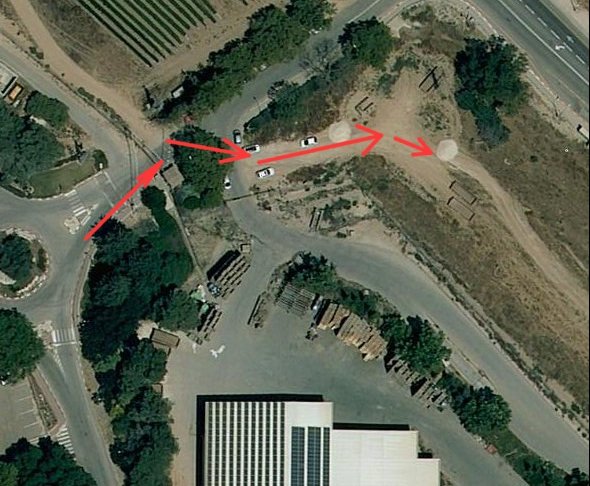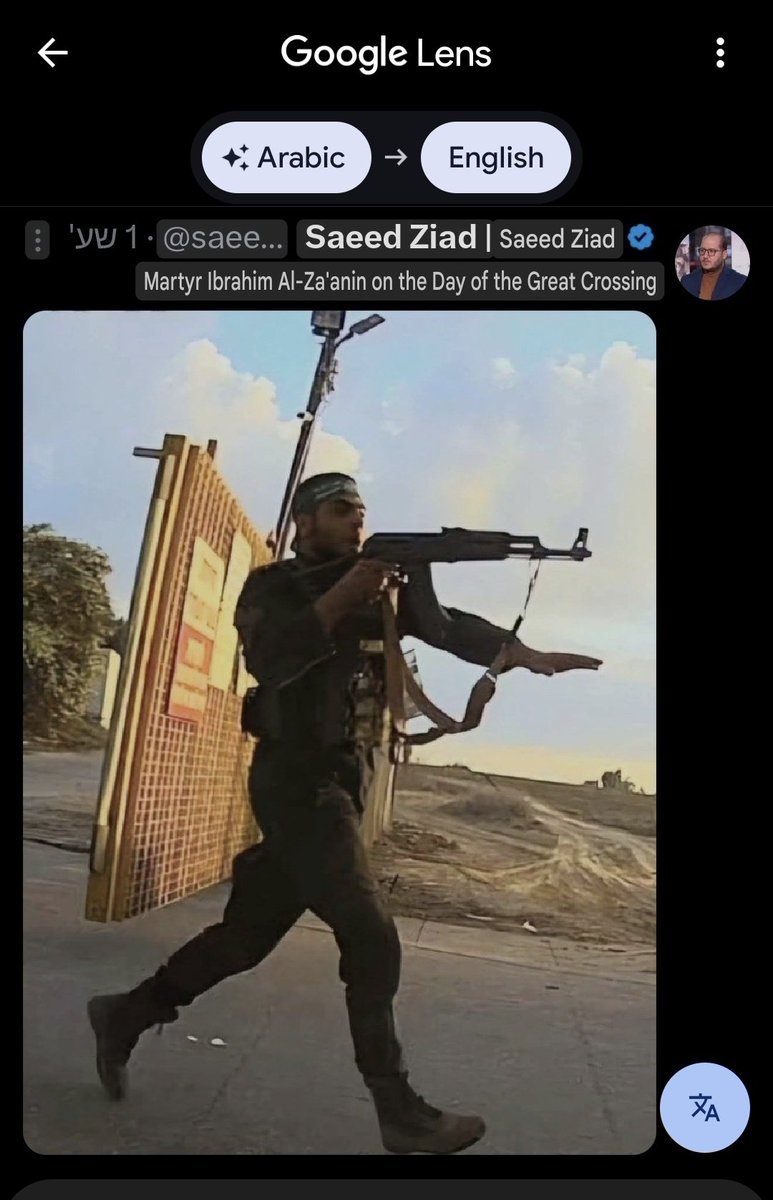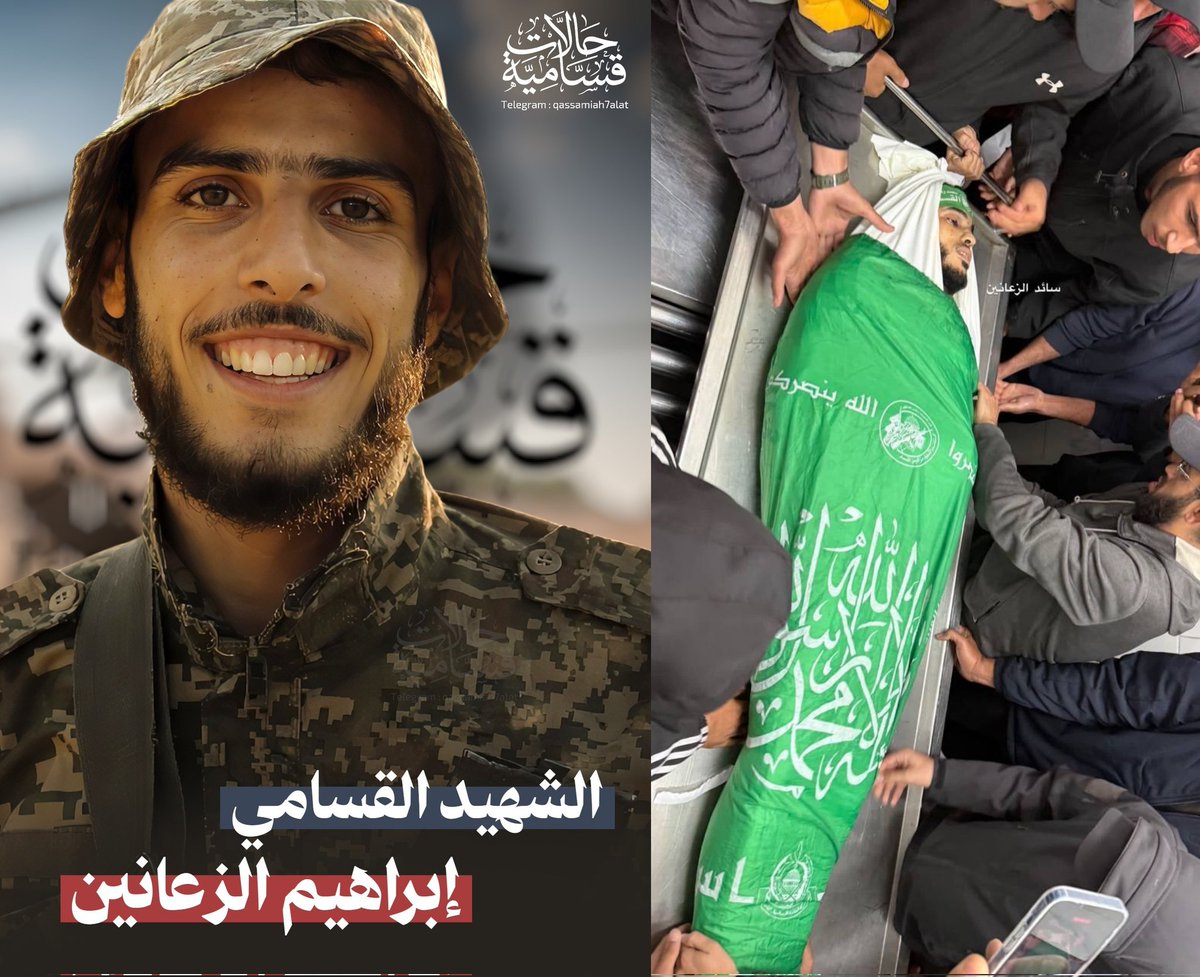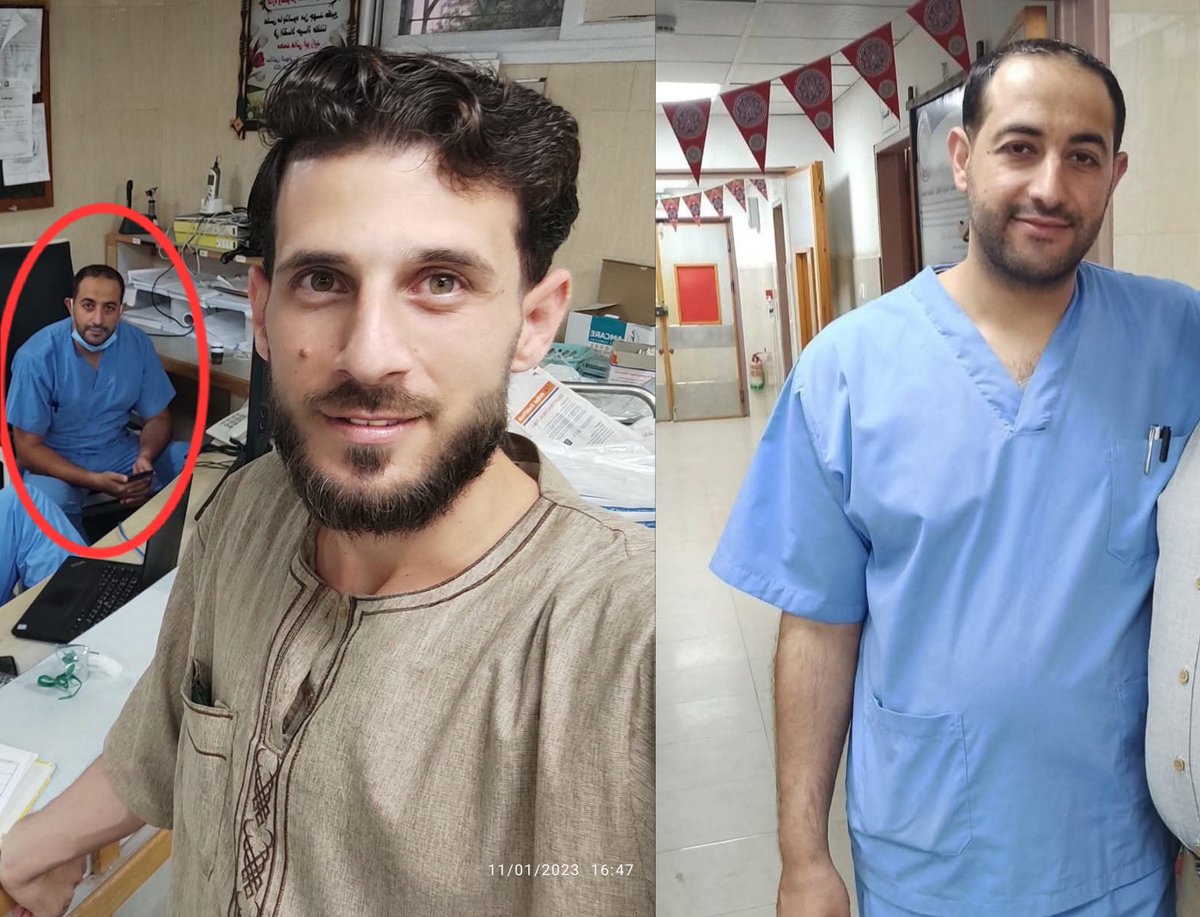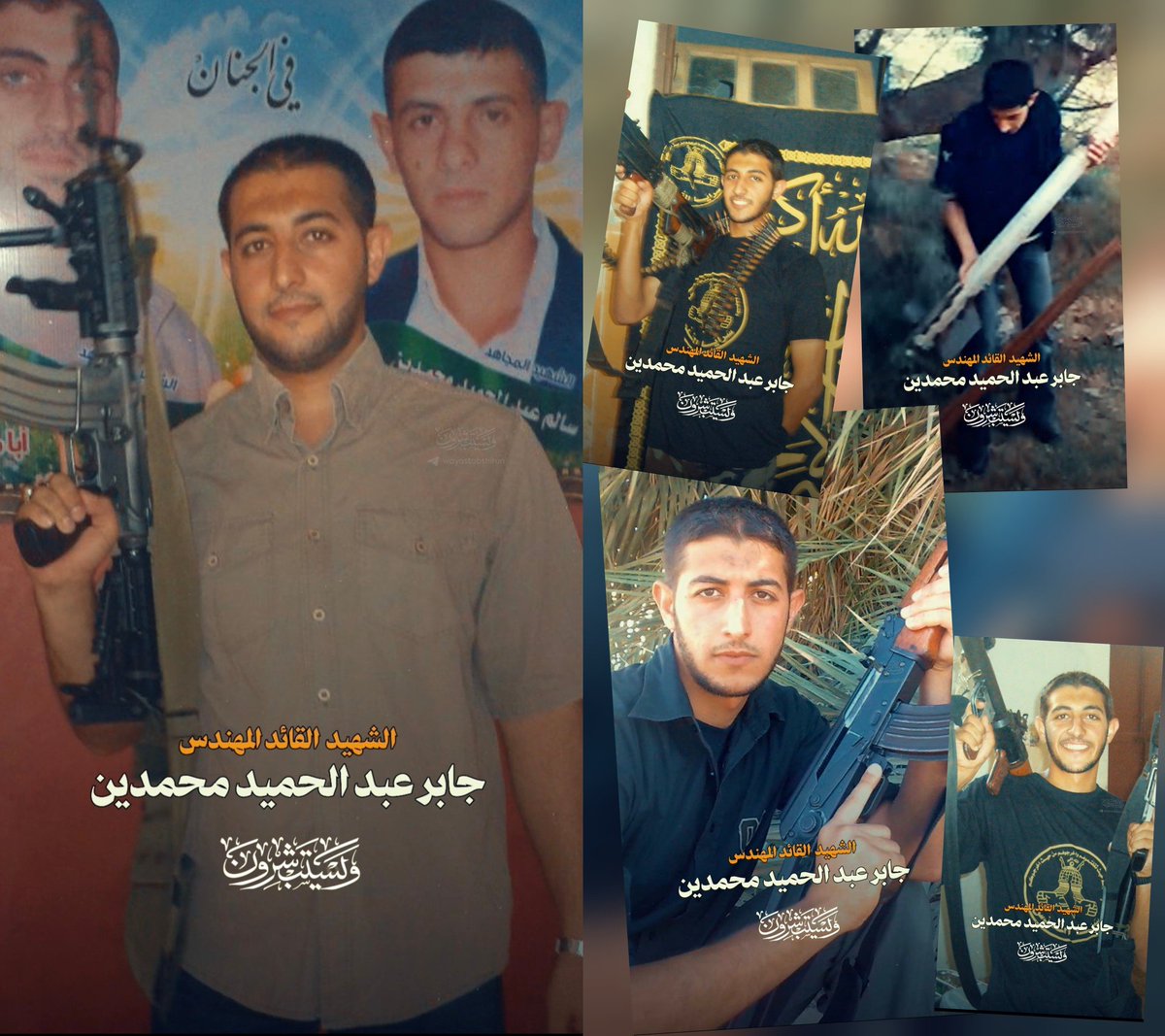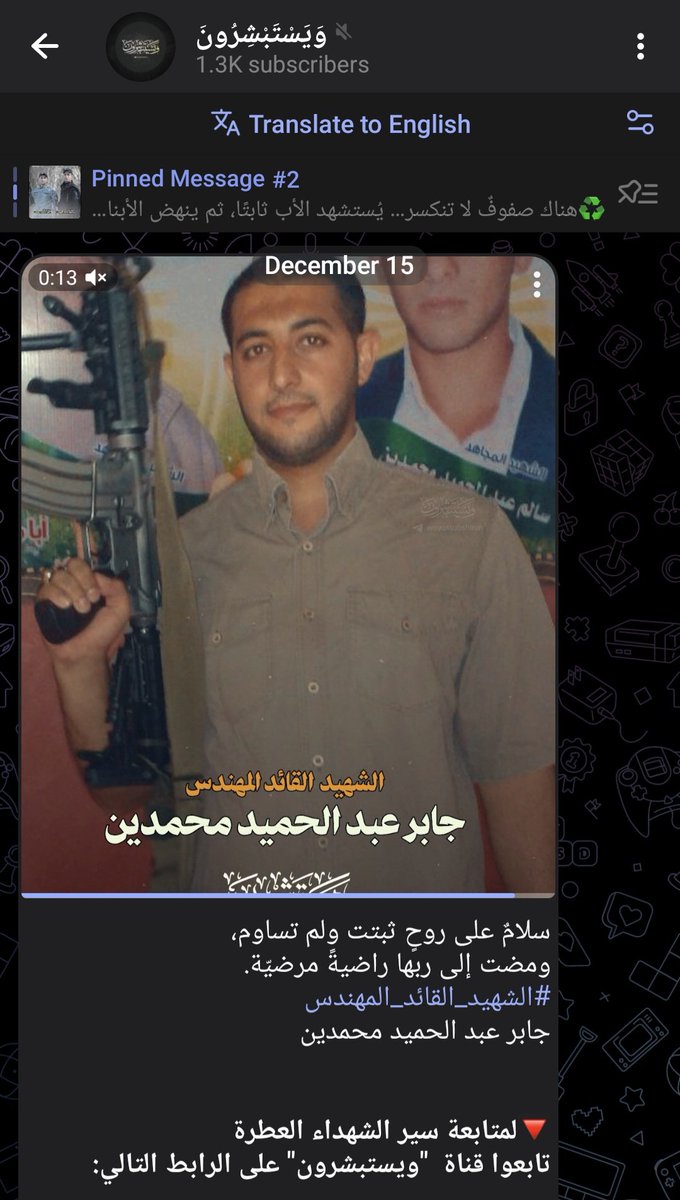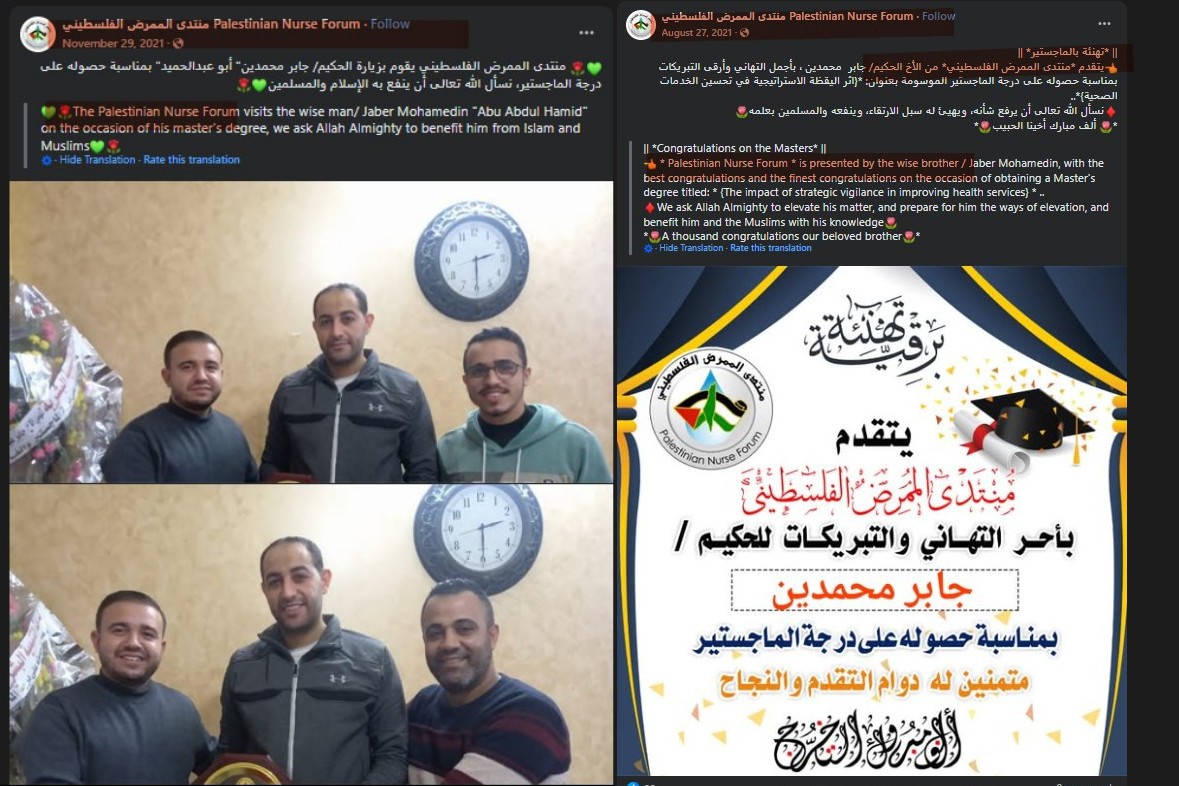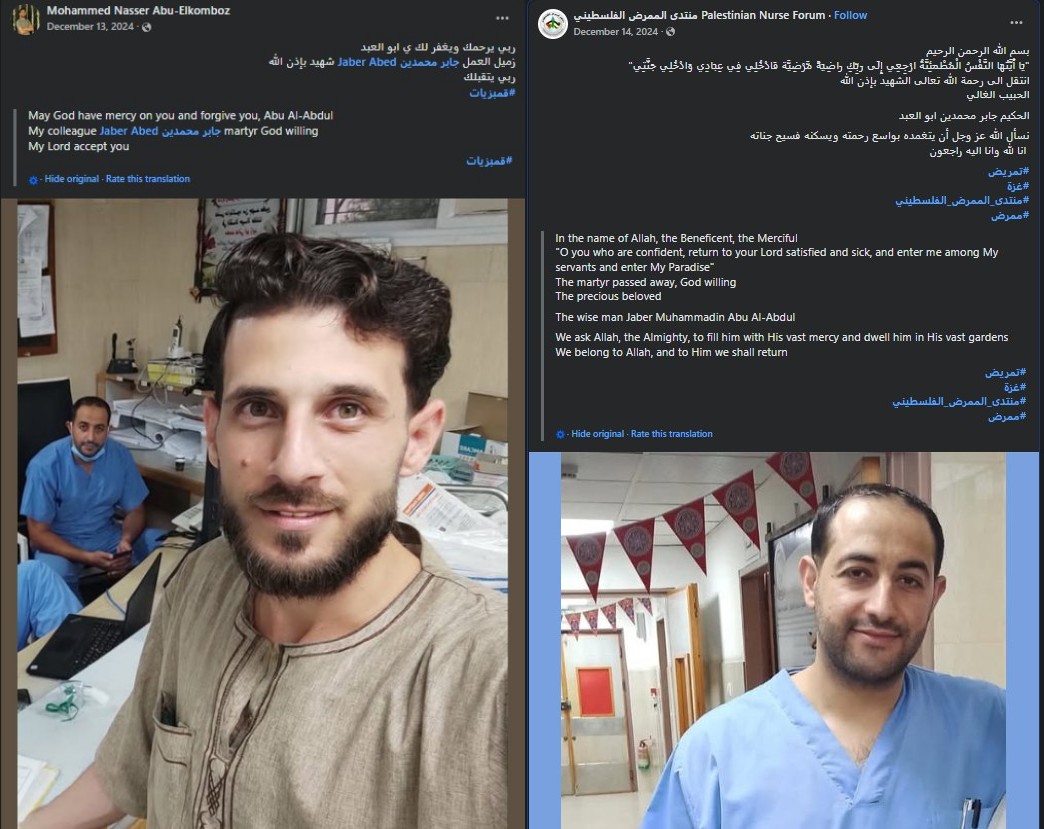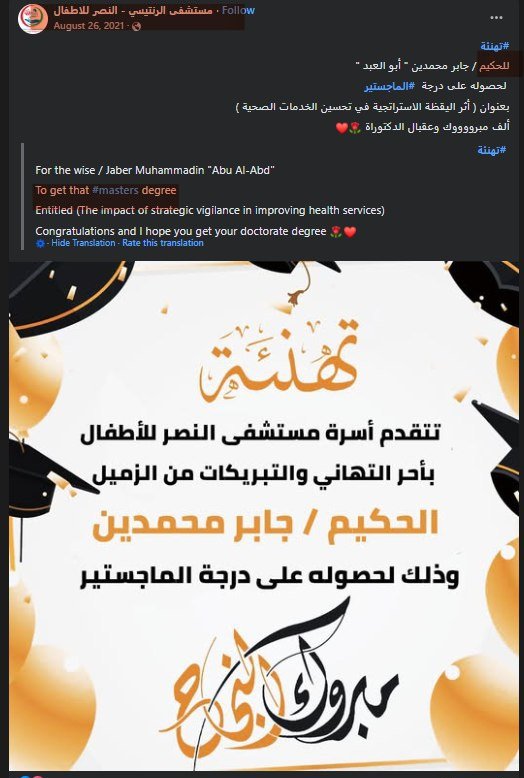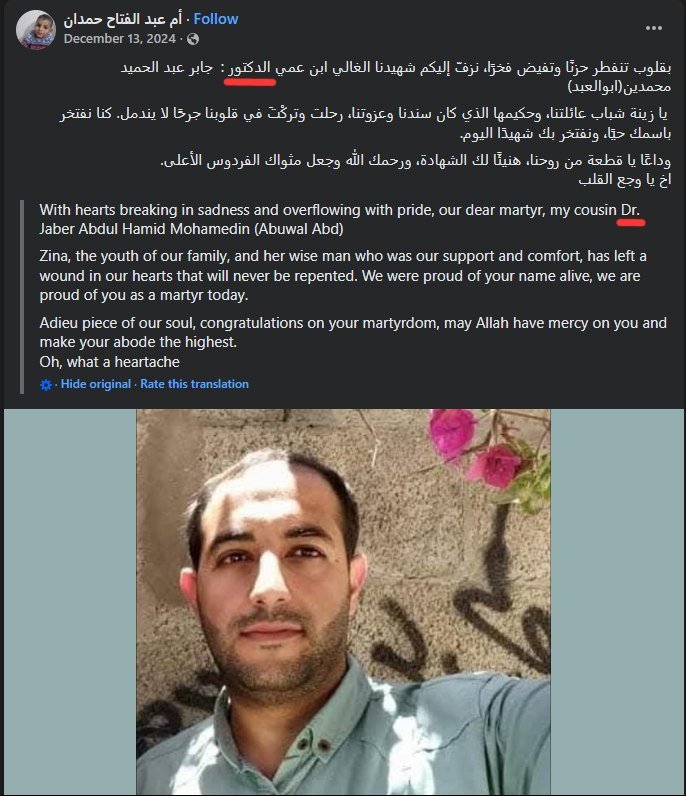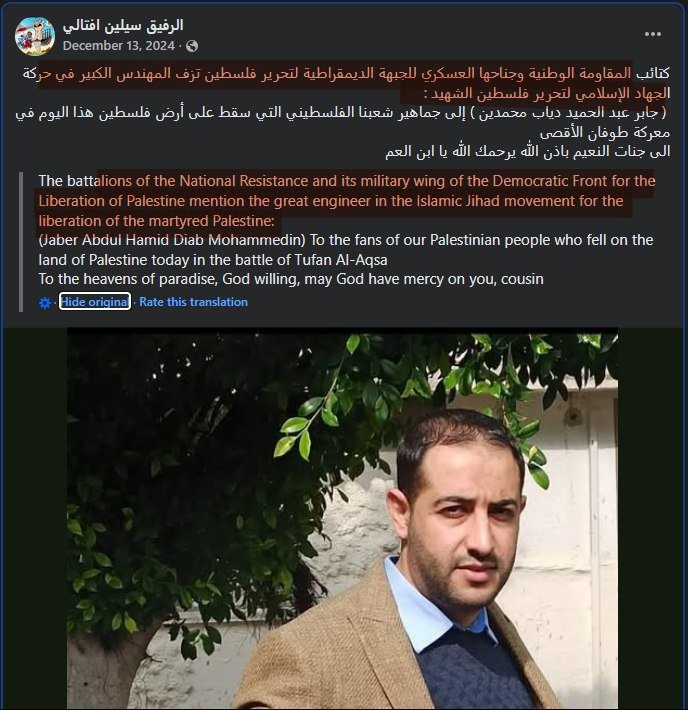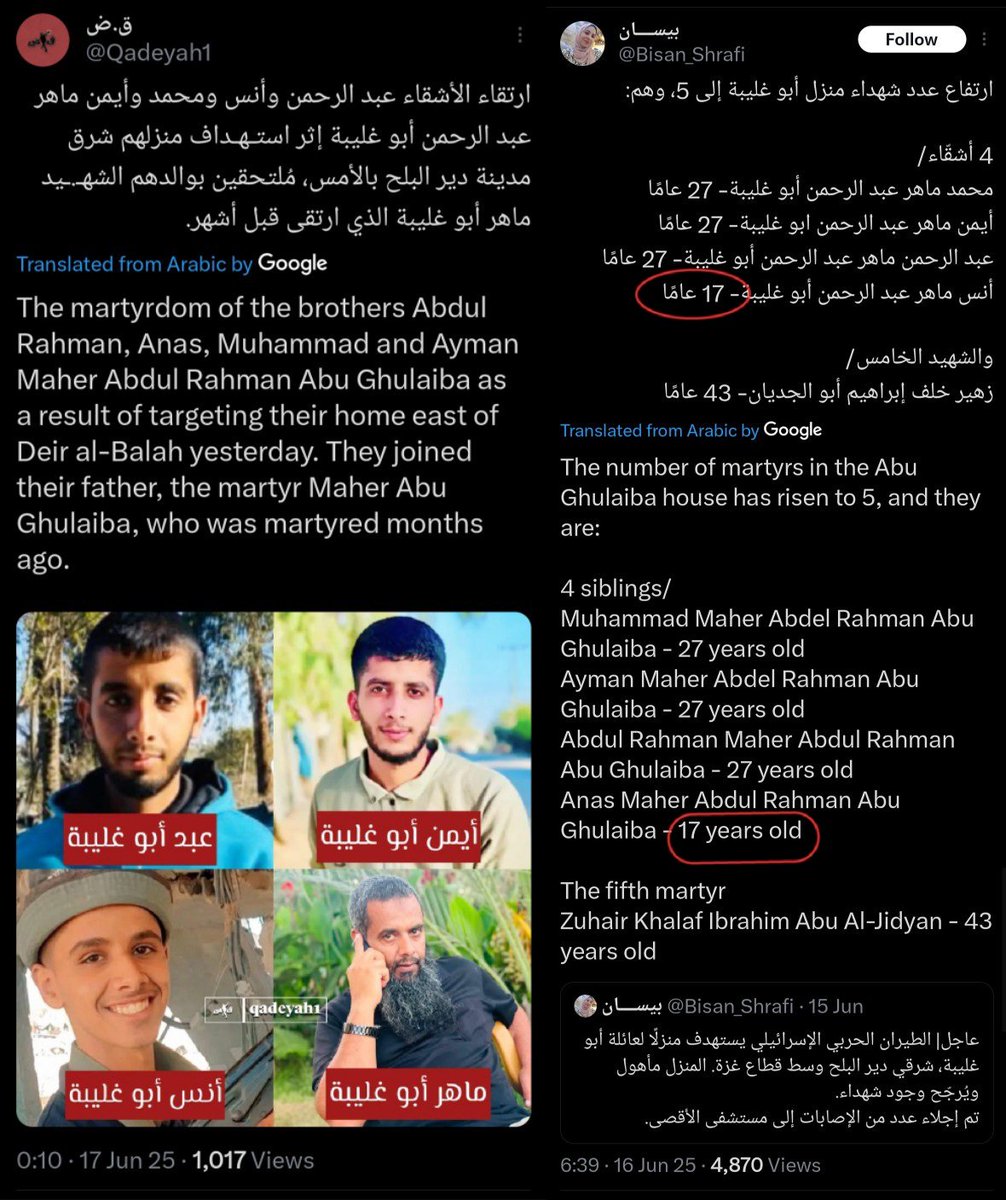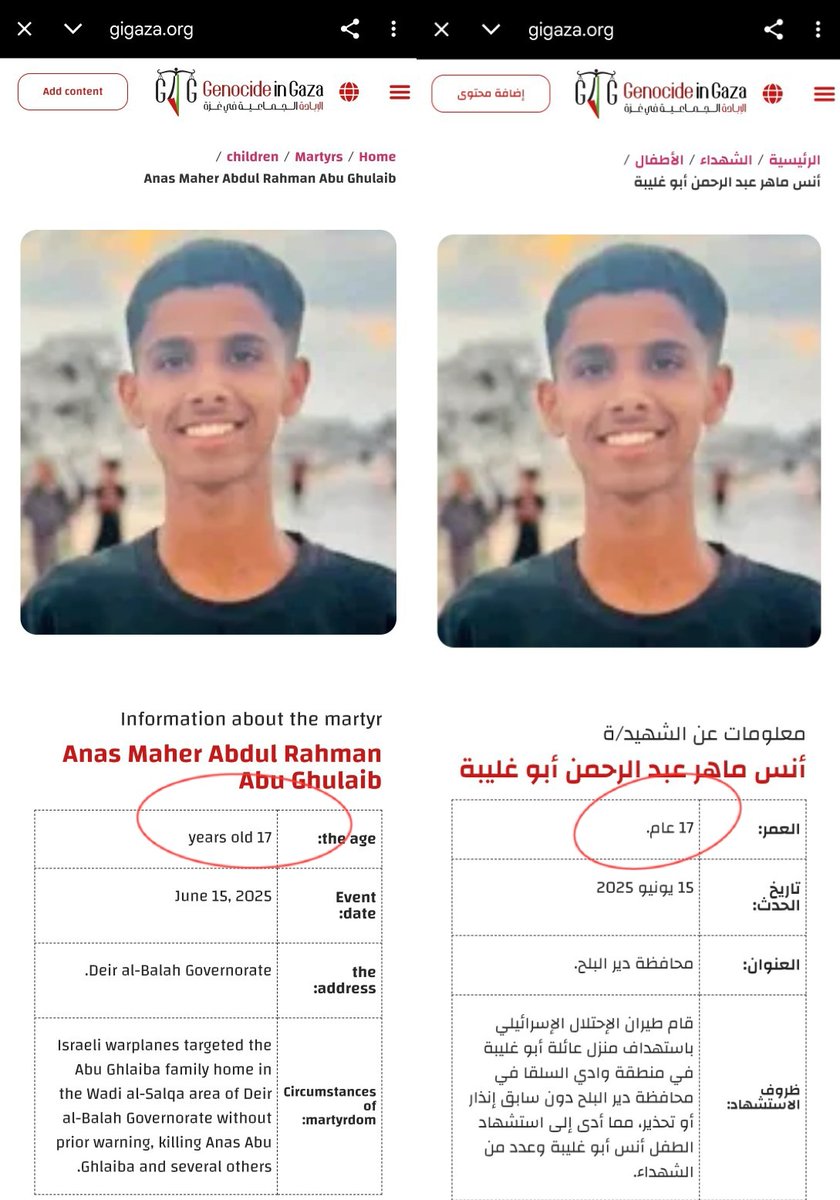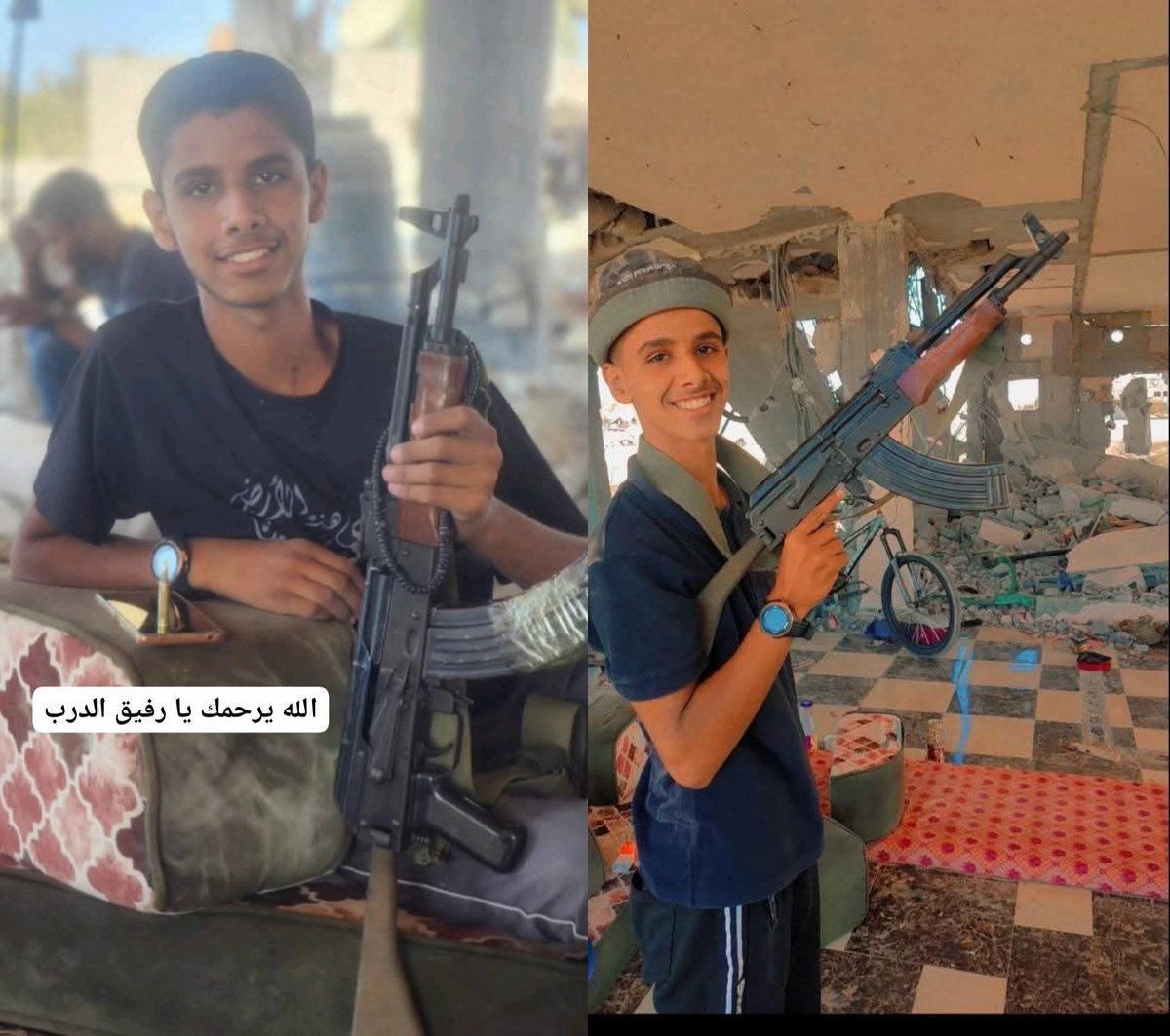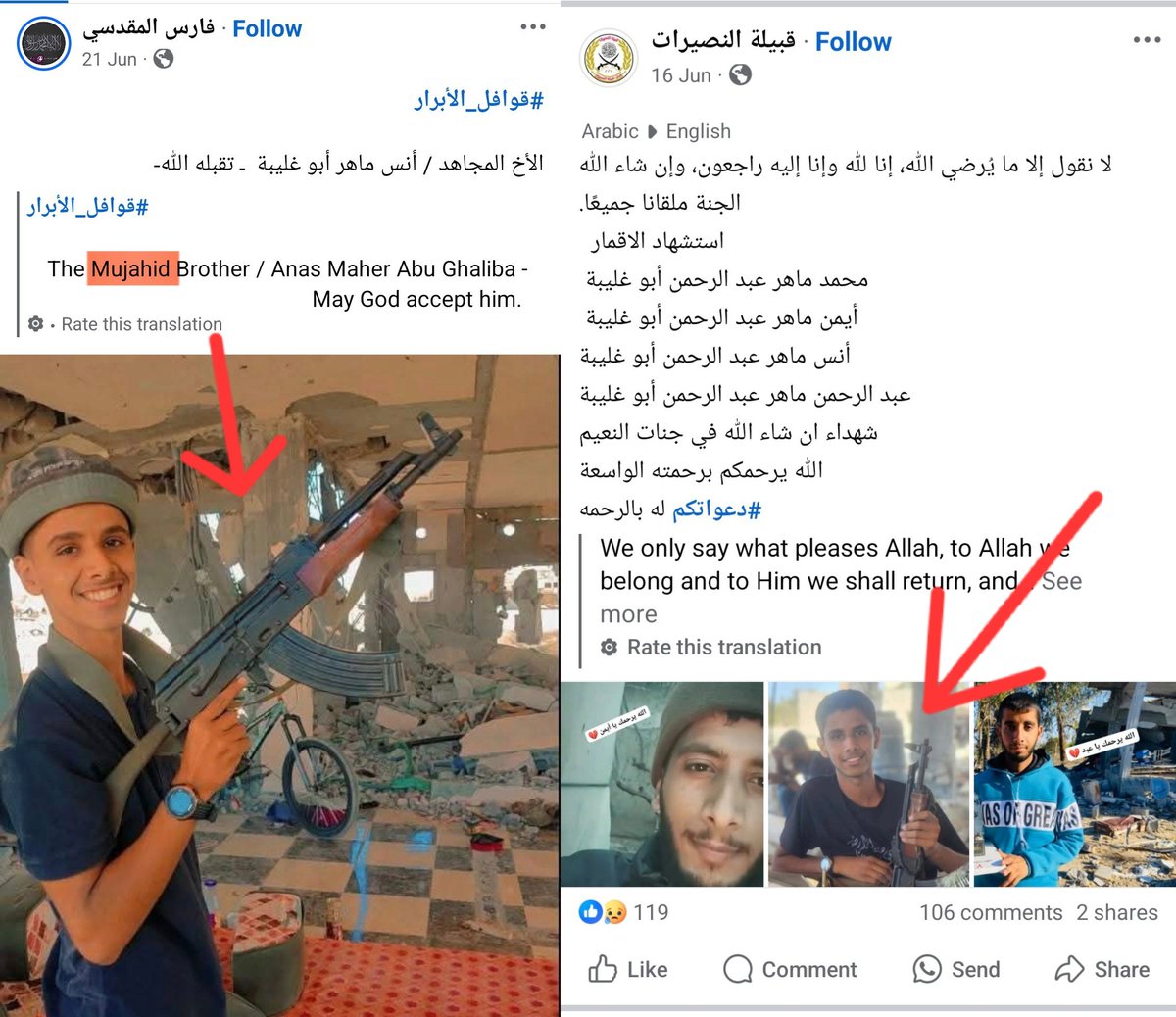🧵I postponed this thread multiple times, but with Reuters' recent publication, it’s timely now:
Let's examine and compare reporting sources (GMO vs. Gaza MoH) and analyze fatalities identified by Gaza MoH.
TL;DR: Women and children account for 54.7% of fatalities, not 70%.
⬇️



Let's examine and compare reporting sources (GMO vs. Gaza MoH) and analyze fatalities identified by Gaza MoH.
TL;DR: Women and children account for 54.7% of fatalities, not 70%.
⬇️
https://twitter.com/Reuters/status/1854817401314894134




² 𝐌𝐢𝐧𝐢𝐬𝐭𝐫𝐲 𝐨𝐟 𝐇𝐞𝐚𝐥𝐭𝐡 of Gaza (MoH): Publishes daily fatality and injury records, and every two months, releases a verified list with ID, age, and names. See attached examples of their reports.
Updates are done via their telegram channel.
t.me/MOHMediaGaza
Updates are done via their telegram channel.
t.me/MOHMediaGaza
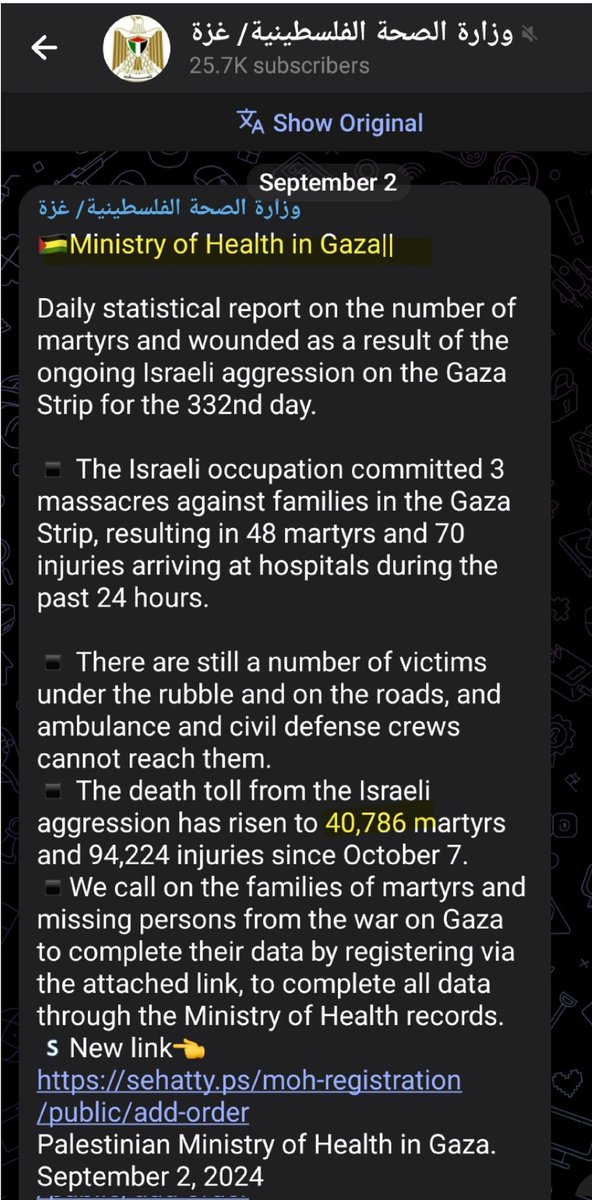
³ 𝐆𝐨𝐯𝐞𝐫𝐧𝐦𝐞𝐧𝐭 𝐌𝐞𝐝𝐢𝐚 𝐎𝐟𝐟𝐢𝐜𝐞 (GMO):
A Hamas-run office reports casualty and damage stats, partially aligning with MoH some totals but providing its own breakdowns.
Updates are via a dedicated Telegram channel, with unspecified sources.
t.me/mediagovps
A Hamas-run office reports casualty and damage stats, partially aligning with MoH some totals but providing its own breakdowns.
Updates are via a dedicated Telegram channel, with unspecified sources.
t.me/mediagovps

⁴ This analysis utilizes the most recent name list from the MoH (updated for the end of August)
The differences between MoH and GMO data will be explained, followed by further analysis of the published list, which contains 34,344 verified names out of 40,738 reported (84%)
The differences between MoH and GMO data will be explained, followed by further analysis of the published list, which contains 34,344 verified names out of 40,738 reported (84%)

⁵ On September 15, Gaza MoH released its latest updated list of 34,344 names with details including ID, source, full name, gender, age at death, and date of birth.
The file covers identified fatalities from 07-Oct-23 until 31-Aug-24.
Link to the PDF file
t.me/MOHMediaGaza/5…
The file covers identified fatalities from 07-Oct-23 until 31-Aug-24.
Link to the PDF file
t.me/MOHMediaGaza/5…
⁶ Let's compare data breakdown per MoH and GMO.
While the MoH data, based on a list of names and personal details, shows 55% women and children versus 45% men, the GMO's breakdown indicates 69% women+children and 31% men.
GMO doesn't publish men's count, but it's easy to calc.


While the MoH data, based on a list of names and personal details, shows 55% women and children versus 45% men, the GMO's breakdown indicates 69% women+children and 31% men.
GMO doesn't publish men's count, but it's easy to calc.



⁷ The GMO reports cover all claimed 40,691 deaths, though it’s unclear where they sourced their breakdown, as the Ministry of Health has detailed records for only 34,344.
May be, the 70% women+children by Reuters somehow stems from GMO data, matching its 69%.

May be, the 70% women+children by Reuters somehow stems from GMO data, matching its 69%.


⁸ It can easily be proven that the information from the GMO is fabricated.
Out of all 40,691 reported deaths, they have 2,806 less reported men compared to the number of 𝐈𝐝𝐞𝐧𝐭𝐢𝐟𝐢𝐞𝐝 men in the 34,344 list by the Gaza Ministry of Health.
Out of all 40,691 reported deaths, they have 2,806 less reported men compared to the number of 𝐈𝐝𝐞𝐧𝐭𝐢𝐟𝐢𝐞𝐝 men in the 34,344 list by the Gaza Ministry of Health.

⁹ GMO, not only are underreporting men, but they also assert that the entire ~15% gap (40,691 - 34,344) from the Ministry of Health's count consists solely of women and children—a claim that is clearly implausible.
Now, let's proceed to analysis of the Ministry of Health file
Now, let's proceed to analysis of the Ministry of Health file

¹⁰ Analysis of the MoH data by age and gender shows far more male than female casualties.
The vertical axis represents age, and the horizontal axis shows casualties per age.
A 2021 Gaza population chart, included for comparison, indicates an equal pre-war male-to-female ratio.


The vertical axis represents age, and the horizontal axis shows casualties per age.
A 2021 Gaza population chart, included for comparison, indicates an equal pre-war male-to-female ratio.
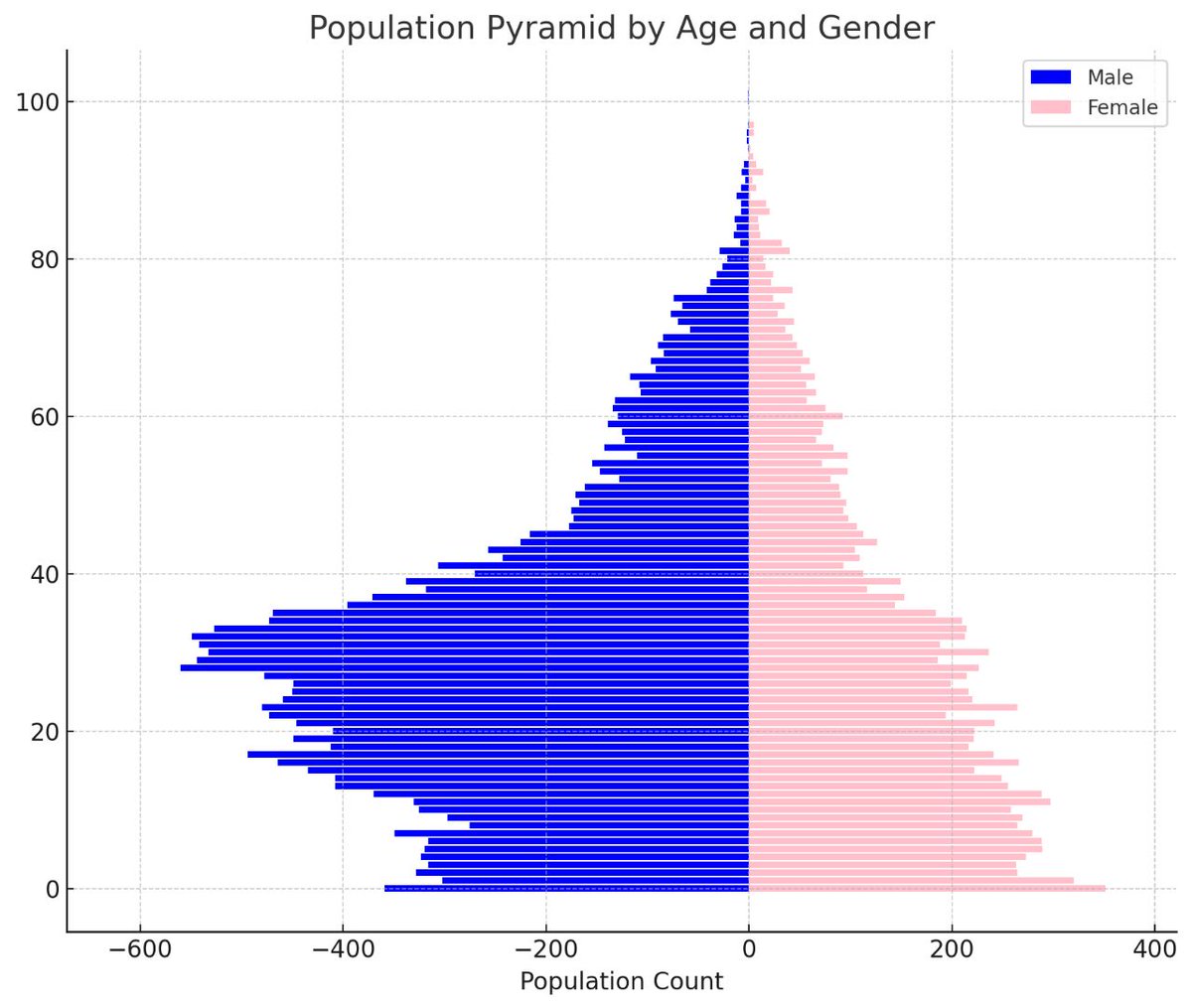


¹¹
Each record in the file has a verification source from the MoH. About 16% (6,897 entries) rely on family reports likely for Palestinians missing or not recovered from rubbles.
A special MoH form is used to report these cases.
Another 4% approved by special committee.
Each record in the file has a verification source from the MoH. About 16% (6,897 entries) rely on family reports likely for Palestinians missing or not recovered from rubbles.
A special MoH form is used to report these cases.
Another 4% approved by special committee.

¹² Children (0-17): Analysis of child casualties shows a relatively balanced distribution of boys and girls up to age 11, aligning with their population average.
However, as age increases, the proportion of boys rises significantly, diverging from their pre-war population ratio.

However, as age increases, the proportion of boys rises significantly, diverging from their pre-war population ratio.


¹³ It’s best left to war experts to explain the reasons behind this: but it could be that older boys face a higher risk of casualties in conflict situations, or perhaps it indicates children’s involvement in combat roles. 

¹⁴ As someone who monitors events in Gaza daily, I observe that the high number of child casualties largely results from bombings. Often, these strikes not only impact the IDF’s intended target but also result in the deaths of close family members, including their children. 
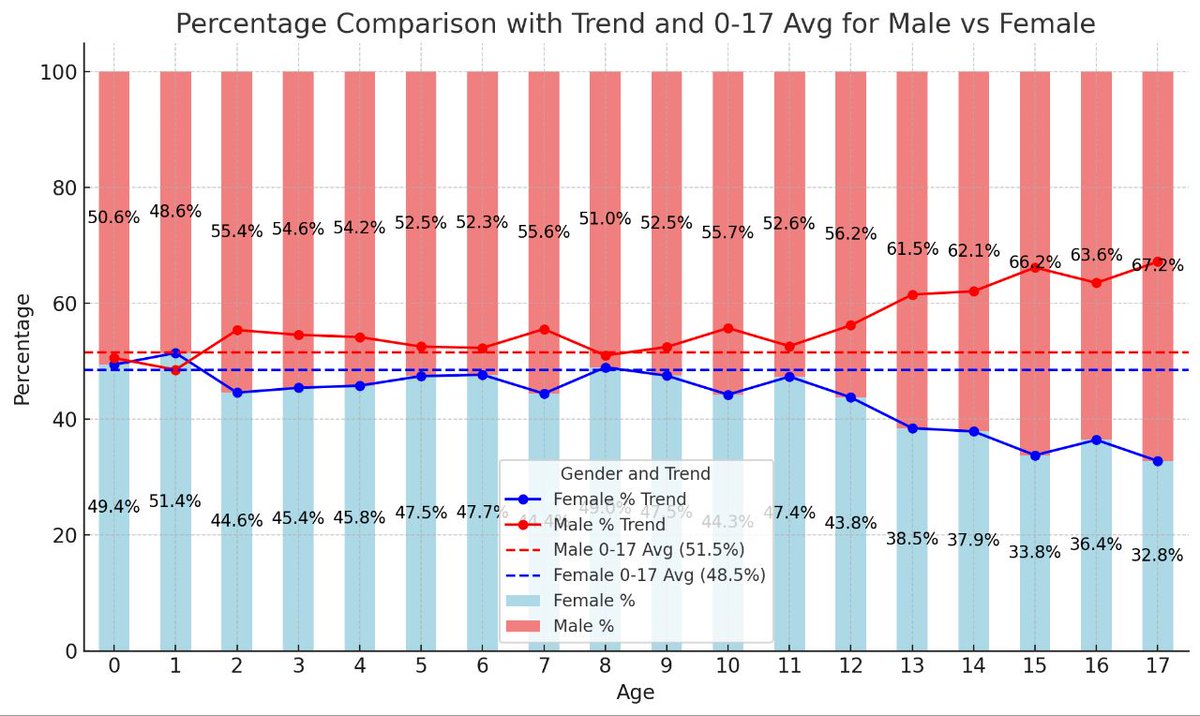
¹⁵ In analyzing family and clan losses, the Najjar clan has the highest number of casualties, though I lack enough data to normalize these numbers with clan/family sizes. 



¹⁶ I don’t have sufficient information to validate the MoH file easily, as it requires access to the Gaza civil registry.
However, certain things can be briefly checked: ID values can be verified using a specific formula.
There are 304 invalid records, primarily for ages 0-5

However, certain things can be briefly checked: ID values can be verified using a specific formula.
There are 304 invalid records, primarily for ages 0-5
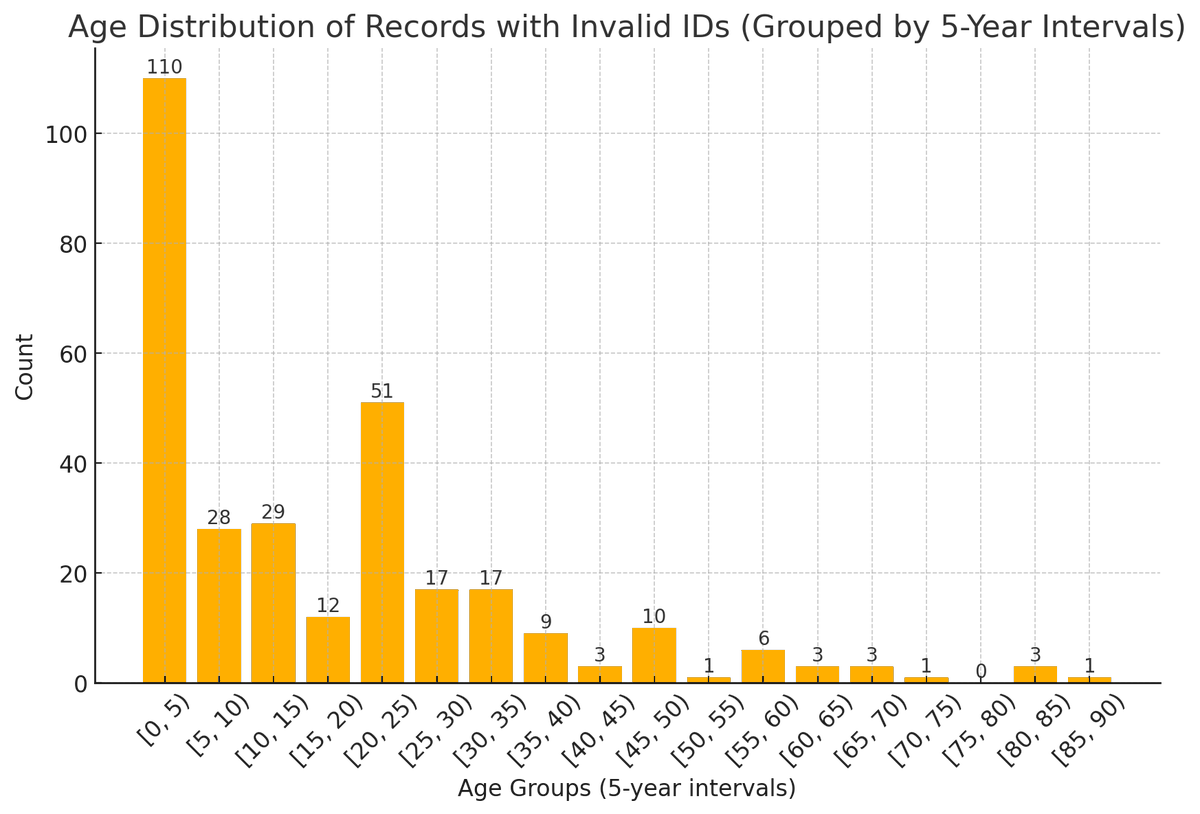

¹⁷ I identified 103 records marked as female, though their first names are male (e.g., Mohammed). It's unclear where the discrepancy originates. There may be additional cases like this in the file, but a native Arabic speaker would likely perform this analysis more accurately. 





¹⁸ I noticed that about 7% have likely incorrect birthdates, with a default date of January 1 assigned, mainly for those born in the 1950s and 1960s. 



¹⁹ There are also a few duplicate entries, such as in the well-known Abu Al-Qumsan family case, where twin infants were killed days after birth appear twice in the MoH list with invalid IDs.
Such cases can not be automatically verified due to partial name matching in the file.

Such cases can not be automatically verified due to partial name matching in the file.


²⁰ For clarity, my brief check shows that verified combatants are included in the MoH list; on the other hand, there are killed Hamas members who are not found in the file.
I also checked a few names of those who died from non war accidents and did not find them in the file
I also checked a few names of those who died from non war accidents and did not find them in the file
²¹ Cross-referencing names in the file is likely a topic for a separate discussion.
With my limited resources and time, I’d hope that NGOs or major media would challenge organizations like the GMO and MoH a bit more.
Though it appears to be less of a priority for them.
The end.
With my limited resources and time, I’d hope that NGOs or major media would challenge organizations like the GMO and MoH a bit more.
Though it appears to be less of a priority for them.
The end.
• • •
Missing some Tweet in this thread? You can try to
force a refresh


